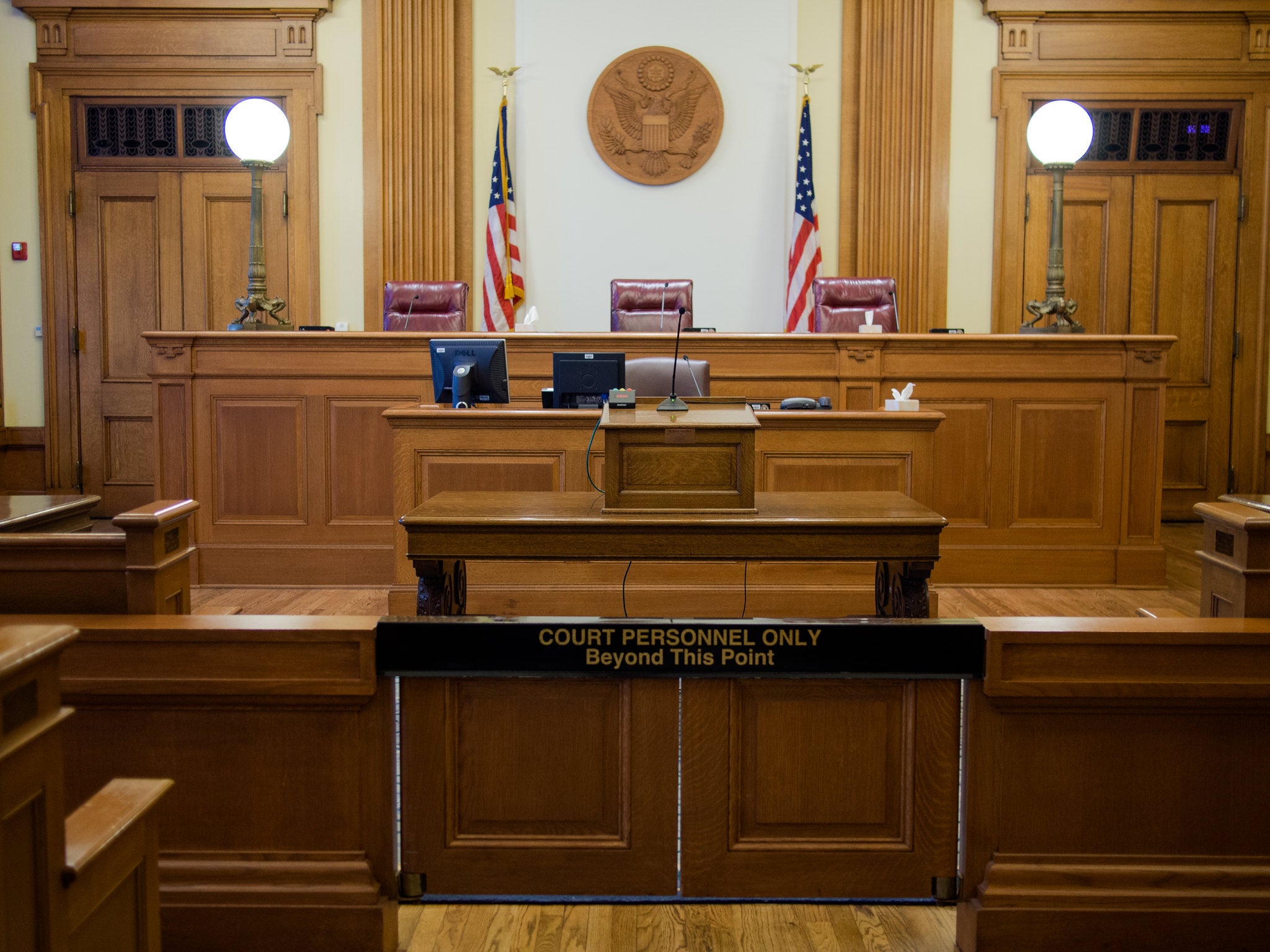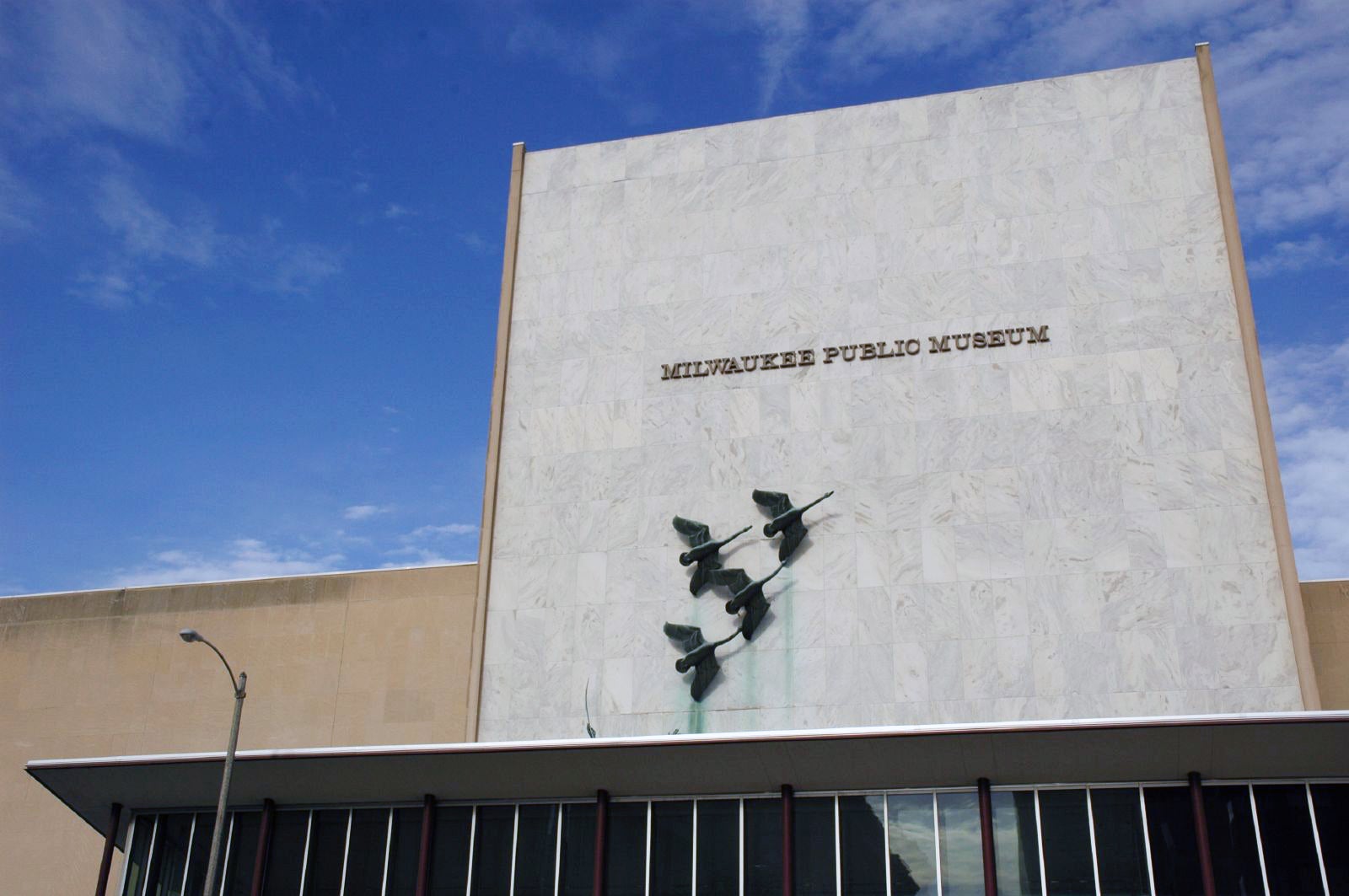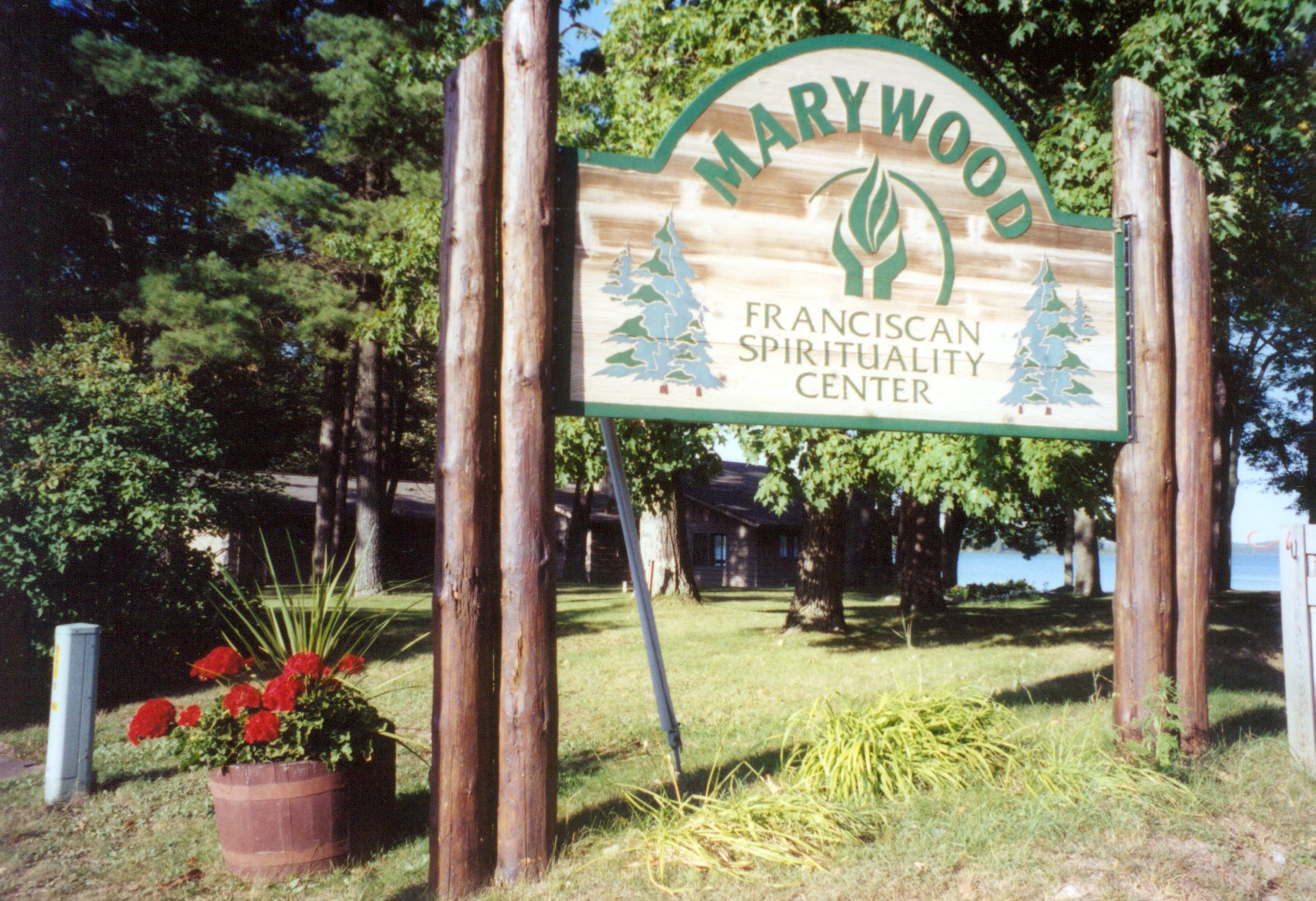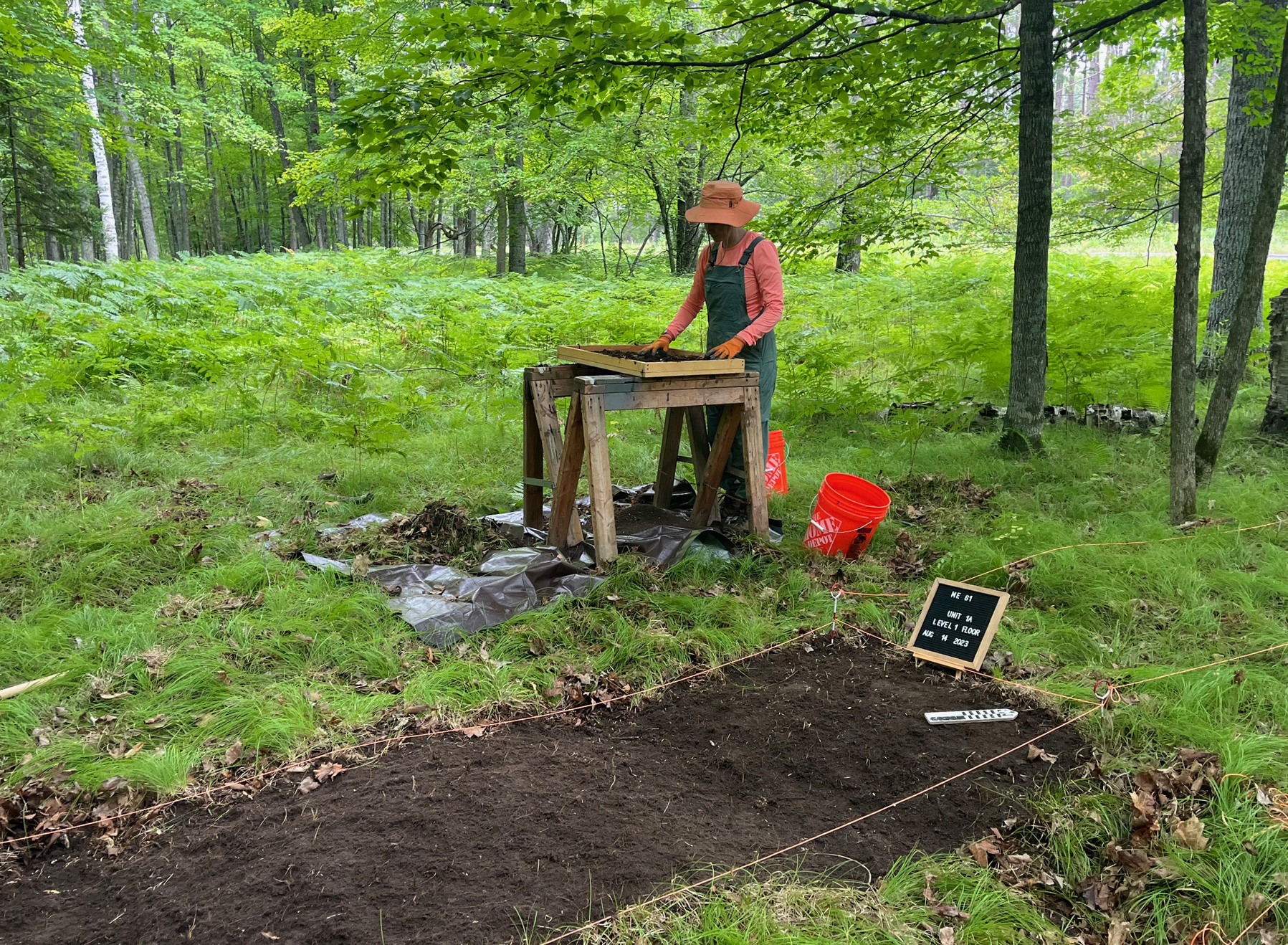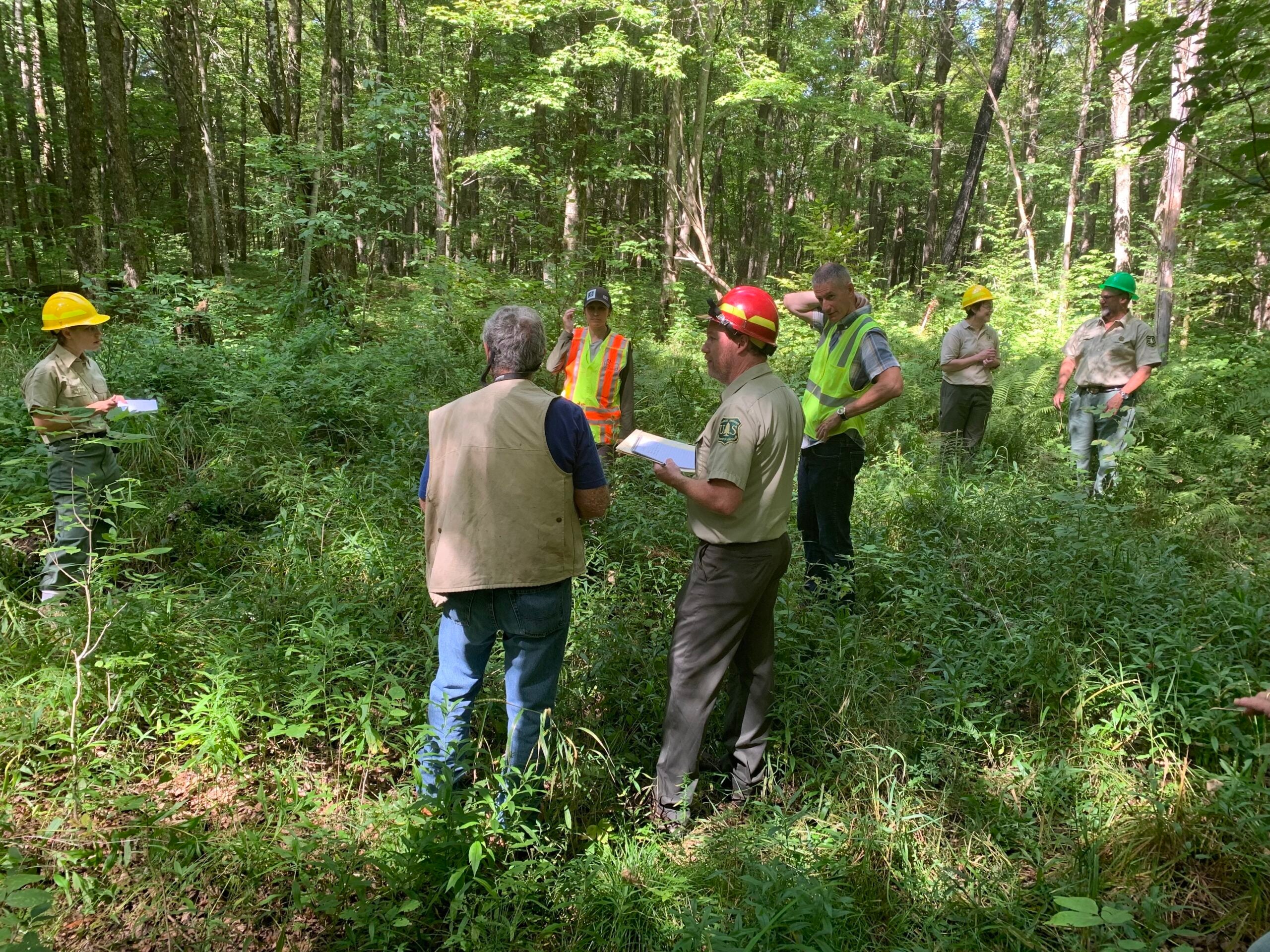A Wisconsin tribe is one of the first tribal nations to sue social media companies, accusing them of contributing to higher suicide rates among Native American youth compared to their peers.
The Menominee Indian Tribe along with the Spirit Lake Tribe in North Dakota filed a lawsuit Tuesday in a Los Angeles County court against companies that own social media sites like Facebook, Instagram, TikTok, YouTube and Google. The two are the first among nearly 575 federally recognized tribes to challenge companies like Meta, SNAP, Alphabet and ByteDance.
Surveys by the Pew Research Center have found the majority of teens use social media sites and around 9 in 10 teens use YouTube. The complaint states Native American teens are “equally gripped” by social media use, with around two-thirds of youth 15 to 24 years old using social media for three to seven hours each day.
Tribes say that’s directly contributing to a youth mental health crisis, including for the Menominee Indian Tribe.
“Enough is enough. Endless scrolling is rewiring our teenagers’ brains,” Menominee Tribal Chair Gena Kakkak said in a statement. “We are demanding these social media corporations take responsibility for intentionally creating dangerous features that ramp up the compulsive use of social media by the youth on our Reservation.”
The tribe’s chair and its attorneys declined to comment further on the lawsuit.
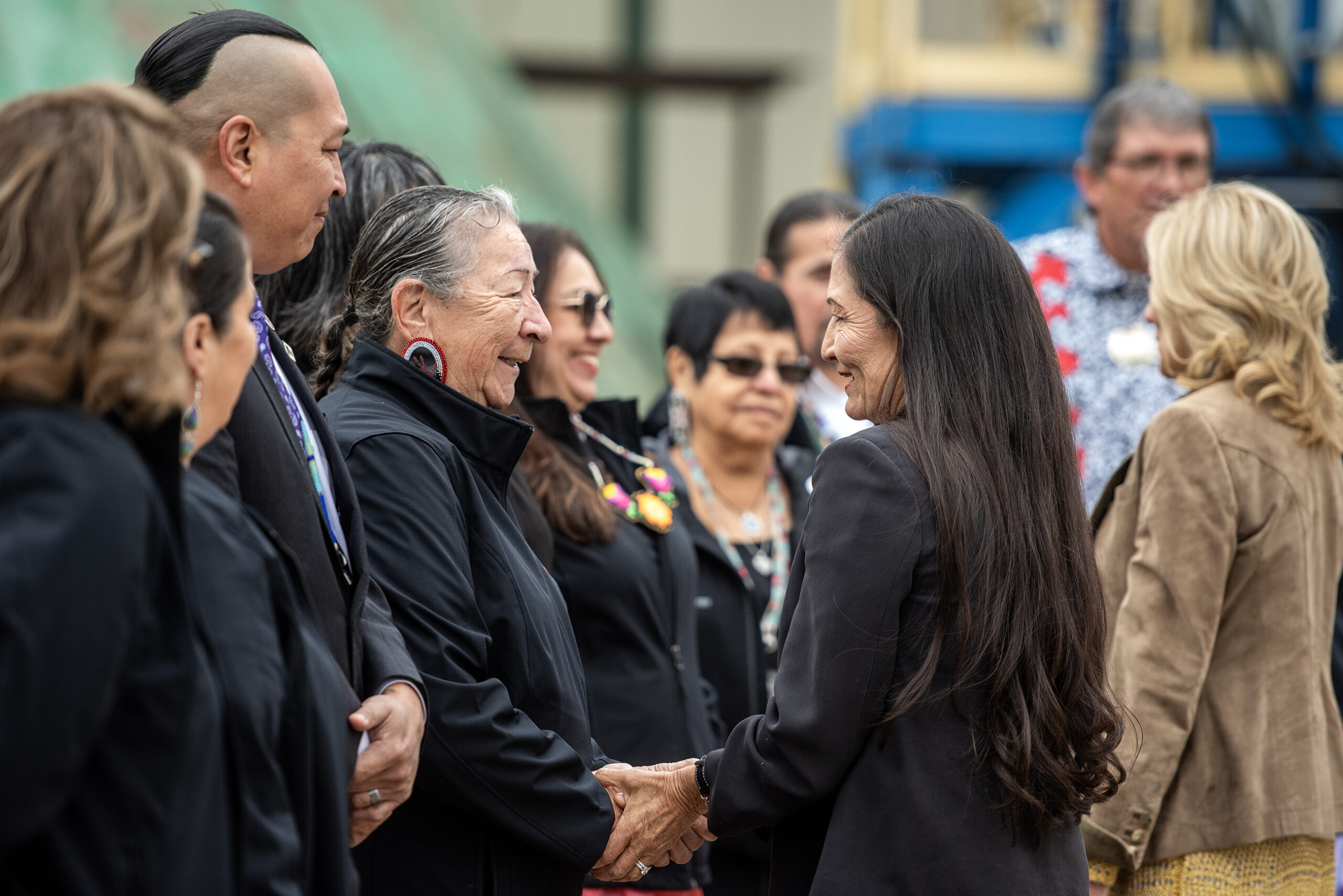
The complaint states soaring suicide rates and mental illness are pushing underfunded programs to the brink, damaging the tribe’s cultural preservation and limiting resources for education and job creation. The tribe stresses the mental health crisis is particularly dire in Wisconsin where American Indians were hospitalized for self-harm at more than double the rate of their white counterparts.
Suicide rates in the state are highest among American Indians and white residents, according to a 2020 report from the Wisconsin Department of Health Services.
In a statement, Google spokesperson Jose Castaneda said the allegations in the complaints filed Tuesday are false.
“Providing young people with a safer, healthier experience has always been core to our work,” Castaneda said. “In collaboration with youth, mental health and parenting experts, we built services and policies to provide young people with age-appropriate experiences, and parents with robust controls.”
Social media companies are facing a growing number of lawsuits from schools, states and others. More than 40 states, including Wisconsin, sued Meta last year, accusing the company of exploiting youth for profit through harmful features on its platforms Facebook and Instagram.
News with a little more humanity
WPR’s “Wisconsin Today” newsletter keeps you connected to the state you love without feeling overwhelmed. No paywall. No agenda. No corporate filter.
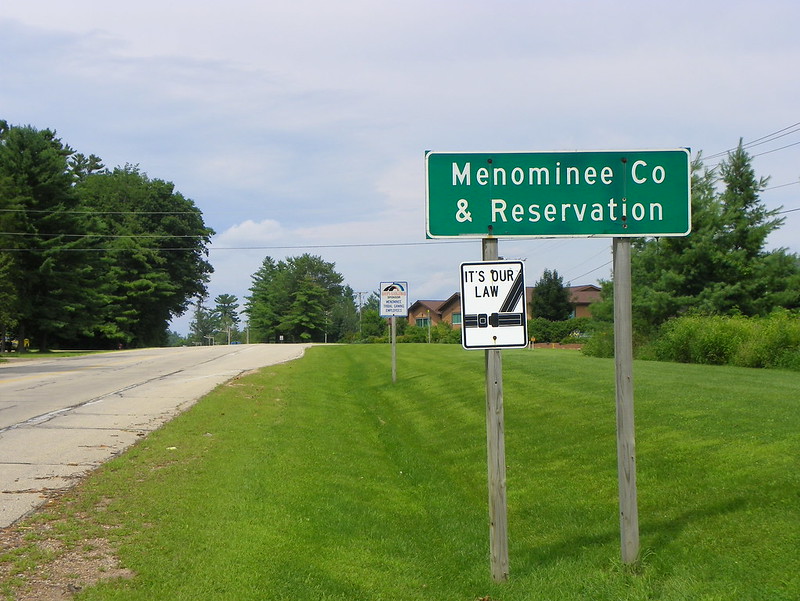
Similarly, the Menominee tribe’s lawsuit said those social media sites along with TikTok, SnapChat and YouTube design their apps to be highly addictive, noting youth are most vulnerable. The complaint states the companies products’ manipulate the brains of youth to constantly seek out likes or other social rewards.
Mary Owen, director of the Center of American Indian and Minority Health in Duluth, said anything that’s damaging or harmful to teens will be felt even more by Native American youth. Owen, an Alaskan Native of Tlingit heritage, is also a family physician and associate dean of Native American Health at the University of Minnesota Medical School.
“These social platforms, media platforms are harmful to everyone in that they’re not about community. They’re about an individual,” Owen said. “But they’re even that much more harmful to a vulnerable population like Native people. We’re still recovering.”
Owen highlighted a legacy of trauma facing Native communities, such as forced removal from tribal lands and American Indian boarding schools. She said those traumas contribute to ongoing disparities related to income, housing and health care. The Center for Native American Youth finds that suicide rates among Native American teens are nearly 3.5 times higher than the national average.
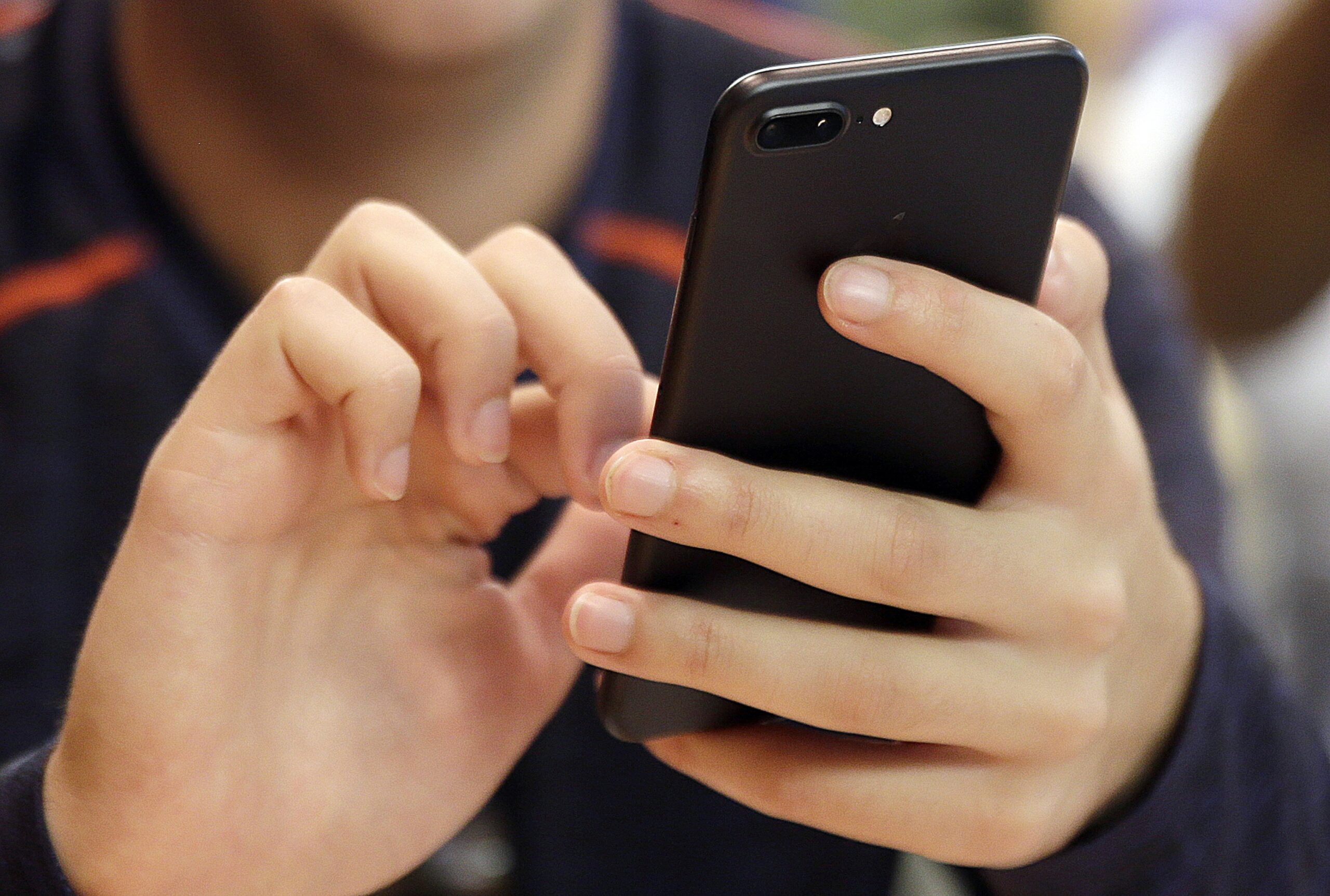
Heather Kirkorian, professor of human development and family studies at the University of Wisconsin-Madison, researches the effects of media on children’s development.
Kirkorian said media effects vary widely among individuals, noting it can pose both positive and negative outcomes. While clear evidence exists of manipulative practices to keep youth engaged longer, she said a direct link is lacking between the use of social media and an increase in suicidal ideation or mental health problems.
“It’s really important for us to understand that the effects of media are not the same for everybody, and some groups of children might be disproportionately affected by media,” Kirkorian said.
She said studies that focus on youth from minority groups have shown that they can see higher interactions on social media that expose them to harmful content like racist messaging and bullying. At the same time, they’re also more exposed to content that has more positive messaging and affirms their identities.
Meanwhile, Owen said the more time youth spend on social media means less time for other things.
“We know that culture is protective against substance use, drug abuse, against the things that harm,” Owen said. “But they have less time to do that if they’re online.”
Other tribes are expected to join the lawsuit similar to those filed against drug companies over opioids, which have yielded more than $1.5 billion in settlements for hundreds of tribes nationwide.
Wisconsin Public Radio, © Copyright 2025, Board of Regents of the University of Wisconsin System and Wisconsin Educational Communications Board.

